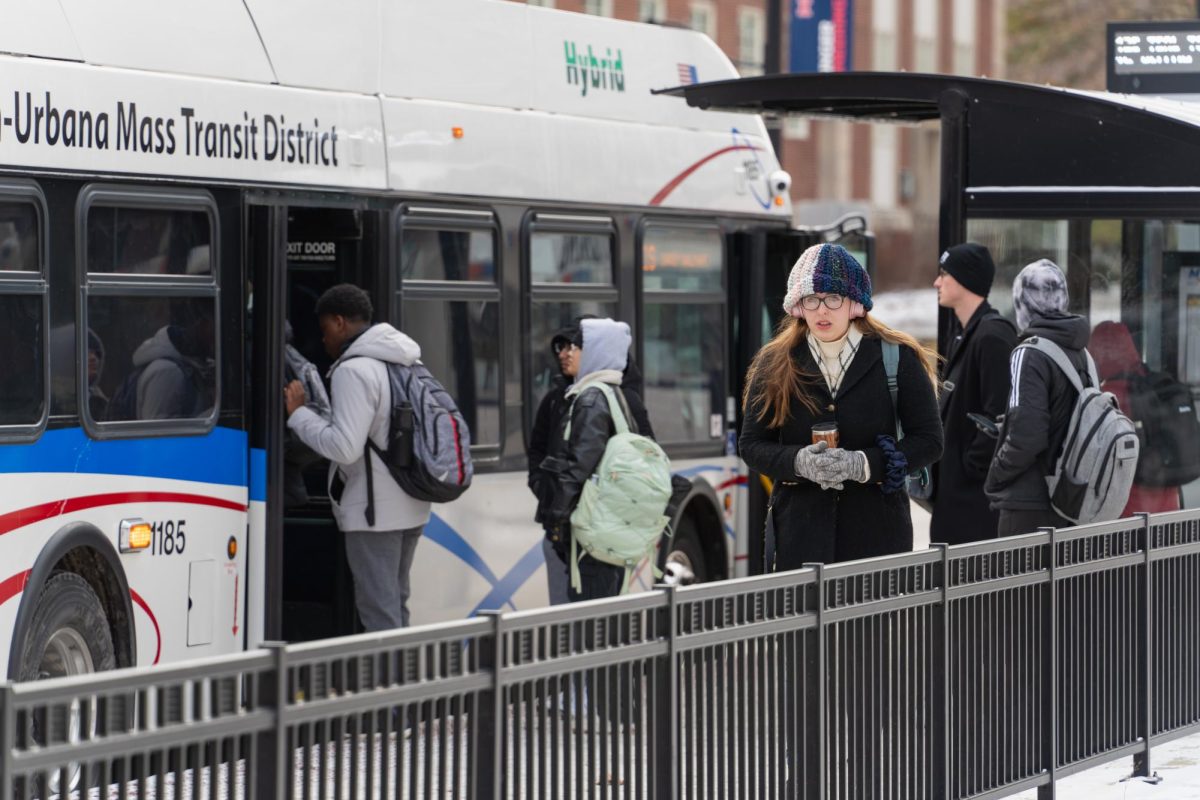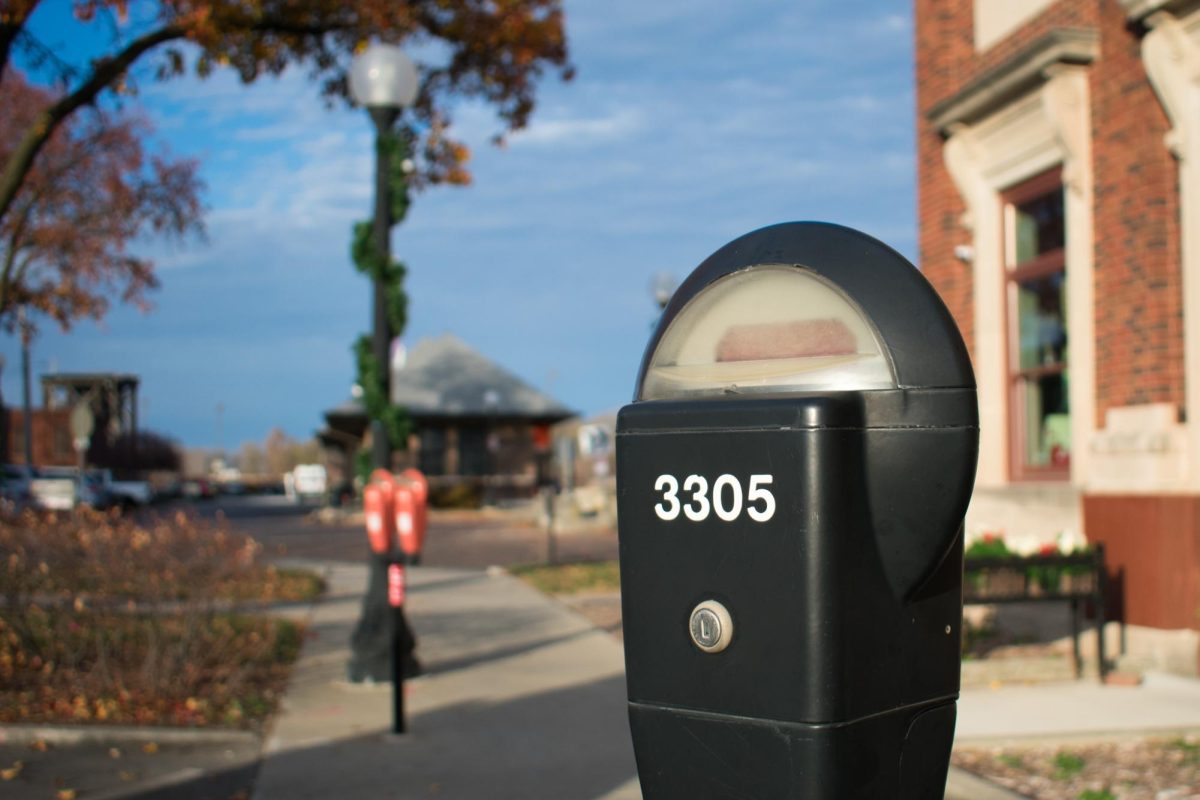A vote on immigration legislation is being postponed until early next year. However, Congress is expected to start drafting an immigration reform bill this fall. The Obama administration supports a policy that would enable illegal immigrants to obtain citizenship, and Homeland Security Secretary Janet Napolitano has tried to determine how much support this policy will receive.
“I’d like to see the government come up with a way that the undocumented can kind of come out of the shadows and prove that they can be hardworking citizens and want to contribute to society,” said Jesse Hoyt, junior in LAS and president of La Colectiva, a group that focuses on social justice and immigration reform.
He said his group supports the Development, Relief and Education for Alien Minors Act, or DREAM Act, currently in Congress, which would allow undocumented students the opportunity to become citizens after meeting certain requirements, such as serving in the military or completing at least a bachelor’s degree.
However, Jacob Hollars, member of College Republicans and junior in LAS, said the DREAM Act is unfair to taxpaying, legal immigrants and citizens. The DREAM Act provides student aid to illegal immigrants who are not taxpayers, which gives them an advantage over legal citizens, Hollars said.
“If you want to come here and be productive in our society and you do it the right way, we welcome you with open arms,” Hollars said. “But if you try to subvert the system and come here by illegal means, then there are consequences for breaking the law.”
Get The Daily Illini in your inbox!
People cross the border for economic reasons or to reunite with family, but sometimes coming into the country through legal means is not an option, said Enrique Morones, founder of Border Angels, a volunteer group that gives aid to immigrants crossing the U.S.-Mexican border.
“It’s not like they are trying to take a shortcut, there is no line for them to get into. And that’s the biggest misconception that’s out there,” Morones said at a lecture Wednesday on campus. “My family was able to get in line and get a visa 50 years ago. My family would not qualify for a visa today. So either you stay in your own country and starve to death … or you cross the desert and you look for a better life.”
Morones said the system is flawed, and to fix it the United States needs to improve border security and have comprehensive and humane immigration reform, which would include a pathway to legalization for undocumented citizens. This would involve learning to speak English, assimilating, paying a duty to the U.S. government and waiting for approval.
“We’re not looking for amnesty,” Morones said. “Amnesty comes from the Greek word to forget, like amnesia, and we’re not trying to forget, we’re trying to pass the legalization, so we’ll gladly pay a duty to the U.S. government.”
Hollars said his party would also like to see increased security along the border and better enforcement of policies along the border.
Rather than building a fence around the border, Morones said the United States needs to focus on building bridges through communication. Fences cannot keep people out; they only make crossing more dangerous for immigrants, he said. Despite differing opinions, many people agree some action needs to be taken to fix the immigration system.
“It’s an important issue that affects all of us. And it affects all of us in a positive way; getting immigration reform will help the economy, help health care, get people out of the shadows,” Morones said. “The country wants immigration reform.”





